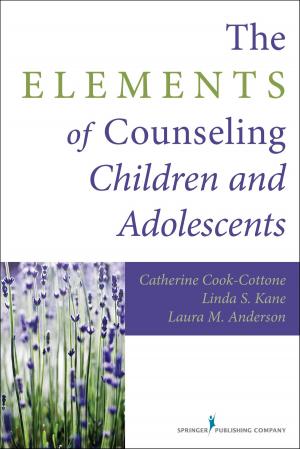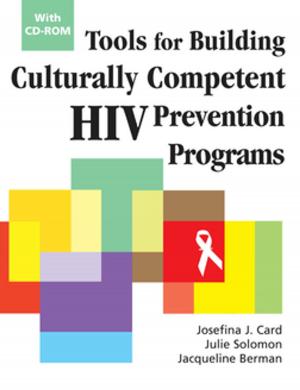Critical Thinking, Science, and Pseudoscience
Why We Can't Trust Our Brains
Nonfiction, Health & Well Being, Psychology, Research, Science & Nature, Science, Other Sciences, Philosophy & Social Aspects| Author: | Caleb W. Lack, PhD, Jacques Rousseau, MA | ISBN: | 9780826194268 |
| Publisher: | Springer Publishing Company | Publication: | March 8, 2016 |
| Imprint: | Springer Publishing Company | Language: | English |
| Author: | Caleb W. Lack, PhD, Jacques Rousseau, MA |
| ISBN: | 9780826194268 |
| Publisher: | Springer Publishing Company |
| Publication: | March 8, 2016 |
| Imprint: | Springer Publishing Company |
| Language: | English |
This unique text for undergraduate courses teaches students to apply critical thinking skills across all academic disciplines by examining popular pseudoscientific claims through a multidisciplinary lens. Rather than merely focusing on critical thinking grounded in philosophy and psychology, the text incorporates the perspectives of biology, physics, medicine, and other disciplines to reinforce different categories of rational explanation. The book is also distinguished by its respectful approach to individuals whose ideas are, according to the authors, deeply flawed. Accessible and engaging, it describes what critical thinking is, why it is important, and how to learn and apply skills—using scientific methods--that promote it. The text also examines why critical thinking can be difficult to engage in and explores the psychological and social reasons why people are drawn to and find credence in extraordinary claims.
This unique text for undergraduate courses teaches students to apply critical thinking skills across all academic disciplines by examining popular pseudoscientific claims through a multidisciplinary lens. Rather than merely focusing on critical thinking grounded in philosophy and psychology, the text incorporates the perspectives of biology, physics, medicine, and other disciplines to reinforce different categories of rational explanation. The book is also distinguished by its respectful approach to individuals whose ideas are, according to the authors, deeply flawed. Accessible and engaging, it describes what critical thinking is, why it is important, and how to learn and apply skills—using scientific methods--that promote it. The text also examines why critical thinking can be difficult to engage in and explores the psychological and social reasons why people are drawn to and find credence in extraordinary claims.















